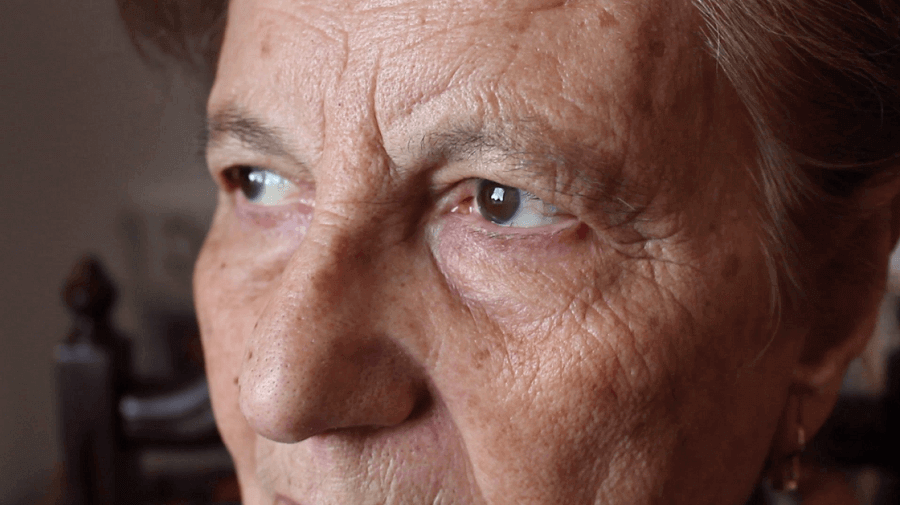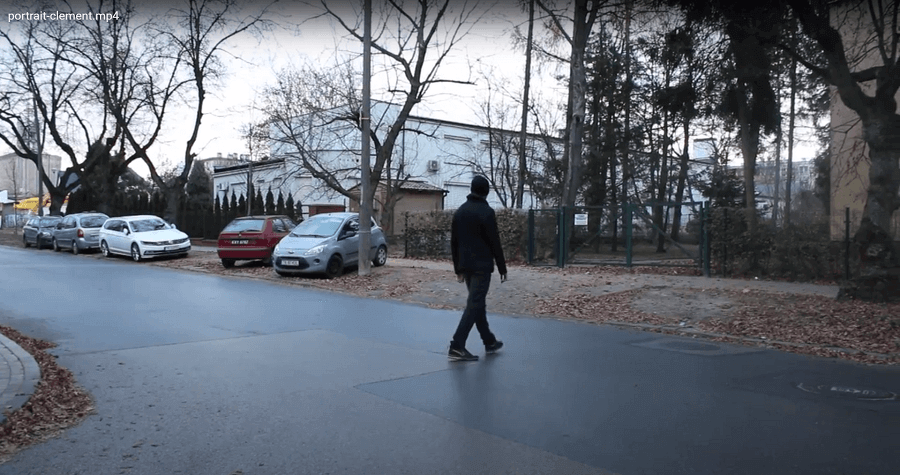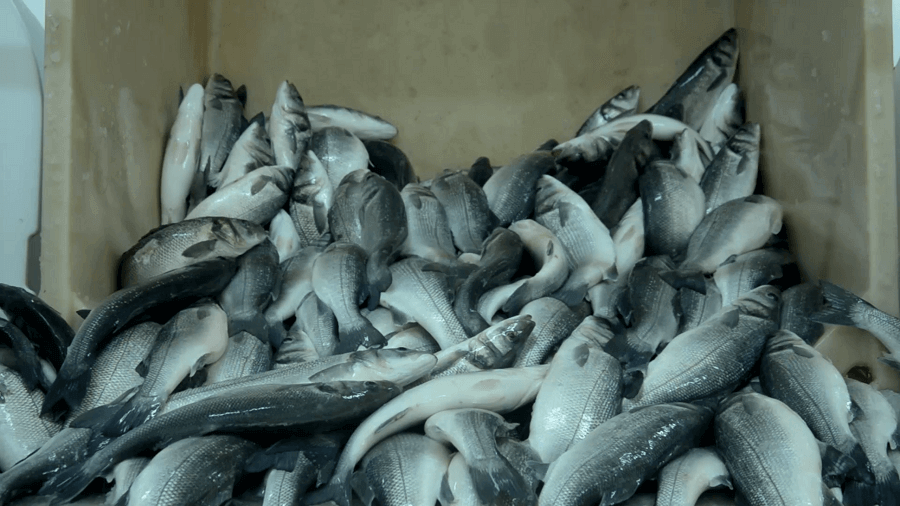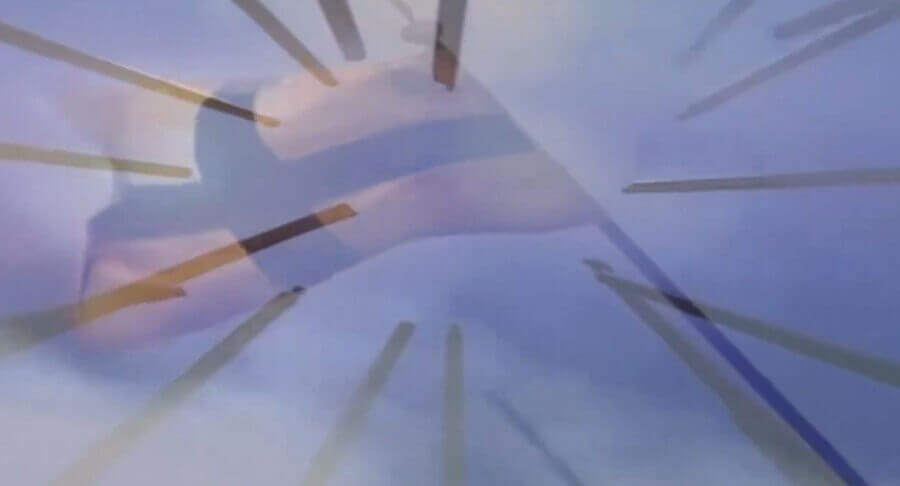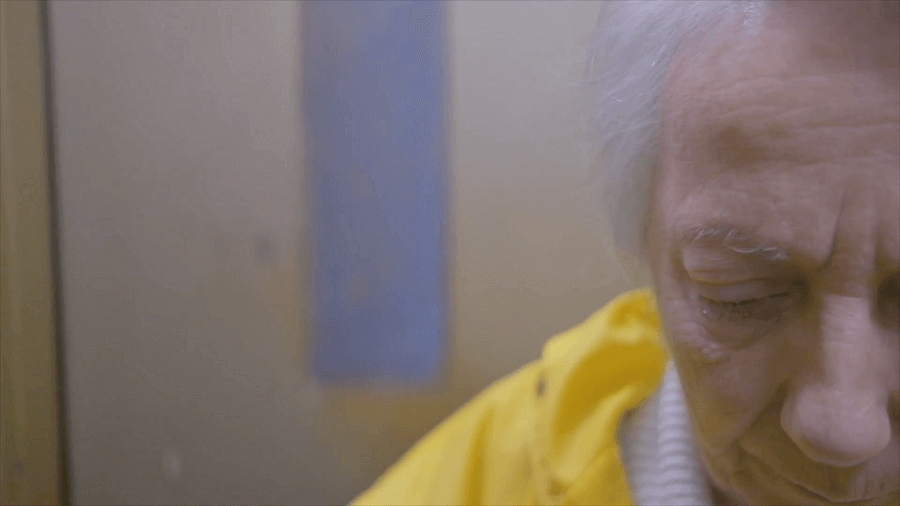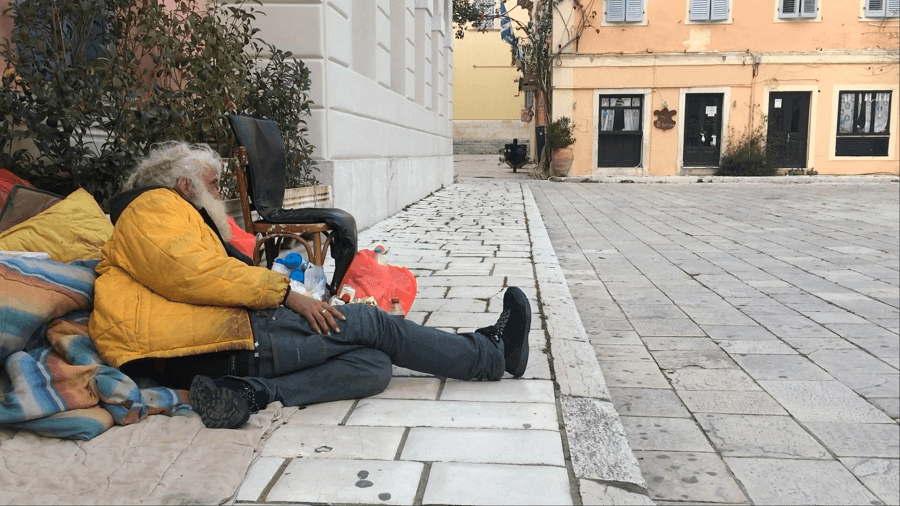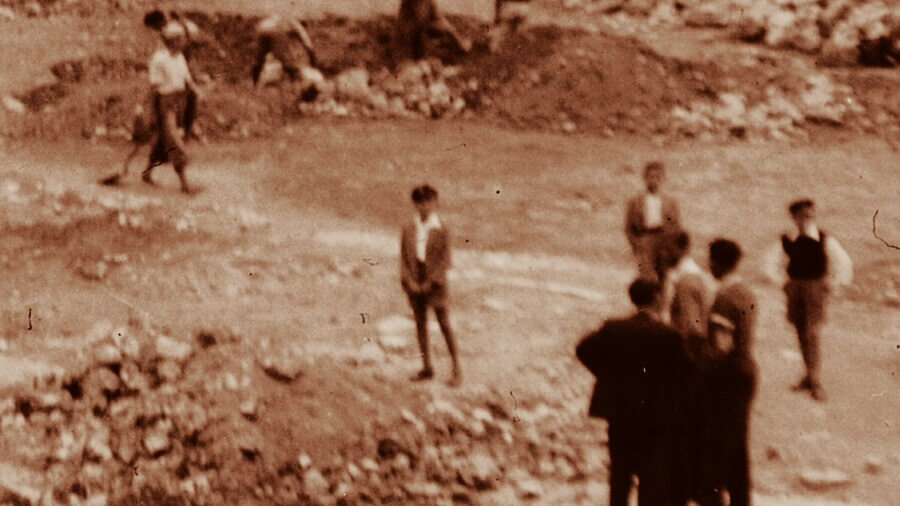Isidora
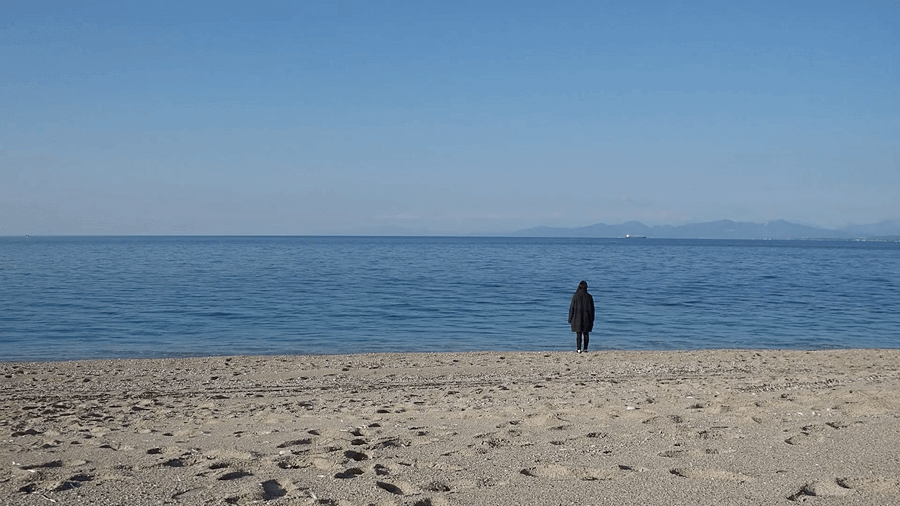
A short documentary-portrait, introducing the acclaimed oboist, Isidora Kopsida.
Related Works
The documentary presents an important incident that happened in Poland in October 2020: The government announced the almost universal ban on abortions, and daily protests followed until the government freeze the law. Two women talk about their own involvement in demonstrations and express their feelings about government decisions.
The portrait of a young, lonely man in a foreign country, whose only consolation is smoking. The documentary observes his daily life: He lives with the basics and wanders in the city. His grief comes from the fact that he is alone without his family.
Visual investigation and documentation of the production chain of a fish packing factory.
The present postgraduate thesis was prepared in the context of the completion of the postgraduate program of the Department of Sound and Visual Arts of the Ionian University.
The study of the subject will be the facts and data on the occasion of the completion of 200 years since the Greek Revolution.
The present work aims to enrich the theoretical framework of study. Its structure is based on data that I have collected (rare photographic material, letters, etc.), from the Public Archives of the State, the Kapodistrias Museum and the Reading Company.
A portrait of Antonis, a homeless man living in the old town of Corfu.
This documentary is about my grandmother, Areti. I have her name. She is a very simple and sweet person. She always wants to take care of and feed us.
A documentary about Lazaretto, the desert islet near the city of Corfu that functioned for centuries as a quarantine station as well as a place of execution for political prisoners during the Greek Civil War. The identity of the place is approached through fragmentary testimonies and original sources.


